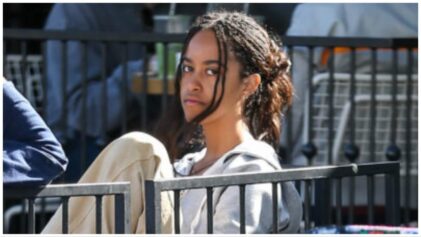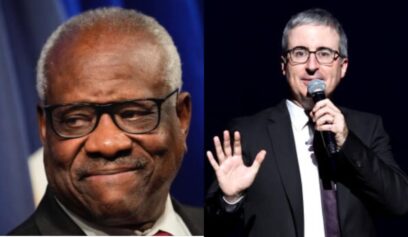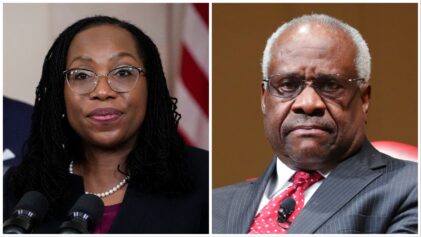In the documentary “Anita,” which premieres at the Sundance Film Festival in four sold-out screenings beginning Saturday, Academy Award-winning filmmaker Freida Mock focuses her lens on law professor Anita Hill (who had not yet seen the film at press time). More than 20 years after Hill accused then-Supreme Court nominee Clarence Thomas of sexual harassment in turbulent Senate Judiciary Committee hearings, Hill is an author, professor of social policy, law and women’s studies at Brandeis University’s Heller School of Social Policy and Management, and a frequent speaker on sexual discrimination and civil rights.
Q: Was it worth it — “it” being the hard times you went through because of the hearings and the aftermath? Looking at it from 2013, was it worth what you went through to be where you are today?
AH: In 1991, when I was called to testify — I was actually subpoenaed — I set myself a goal to truthfully talk about the experience I had with Clarence Thomas because I thought, and I still think, that it reflected on his ability to be an impartial judge in any case involving the law, but certainly any case involving civil rights, inequality issues. Having done that, yes, it was worth it. I have no regrets.
Q: How did the documentary come about?
AH: I had been approached by two or three filmmakers about doing a documentary, and for two or three years I simply said no, and Freida Mock had come back a couple of times. I wanted to work to make sure that if the story was told that at least I had some positive input. So after talking with Freida, I just felt that she was the right person to tell the story. She persuaded me in this very calm, clear way that I and the story would be in good hands. And that’s all she promised me.
Q: The documentary follows you to the present and shows you at speaking engagements before rapt audiences. Would it be fair to say that you’ve become a civil rights leader, despite having gone into the field with the goal of being a civil rights lawyer/bureaucrat?
AH: I think one has to separate what happened in terms of the testimony. My purpose in testifying was really about the fitness of the individual who was being considered for the Supreme Court. It was not to shed awareness or shine a light on the problems of sexual harassment.
Q: And yet that happened nonetheless.
AH: Absolutely, it happened nonetheless. The consequences that have occurred since, I’m certainly happy about. I am thrilled that, for example, after the hearing that the number of complaints of sexual harassment increased astronomically. In fact, I realized that immediately following the testimony, the conventional wisdom was that no one [else] was going to come forward. And what happened was that women, after hearing the testimony, really started to recognize that they did have rights. And so that’s when the rules in the workplace started changing, that’s when the climate in some workplaces started changing and that’s when women started coming forward.
Read more: LA Times


